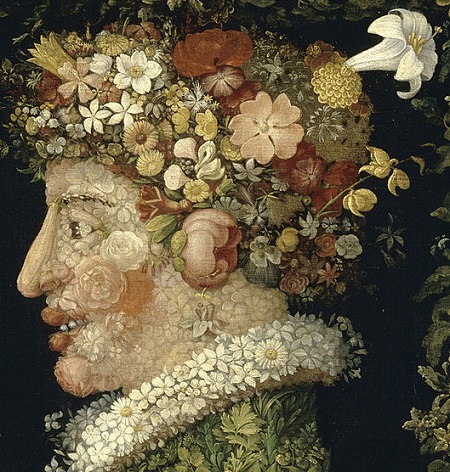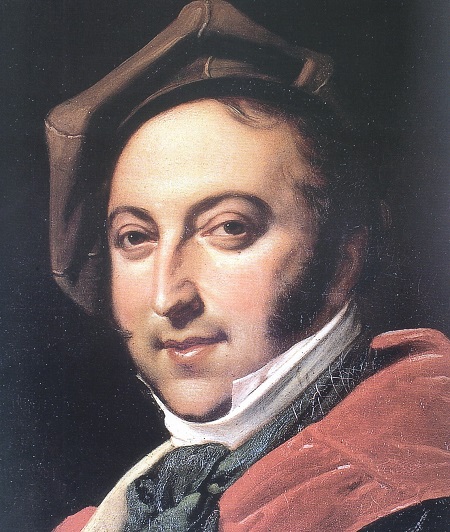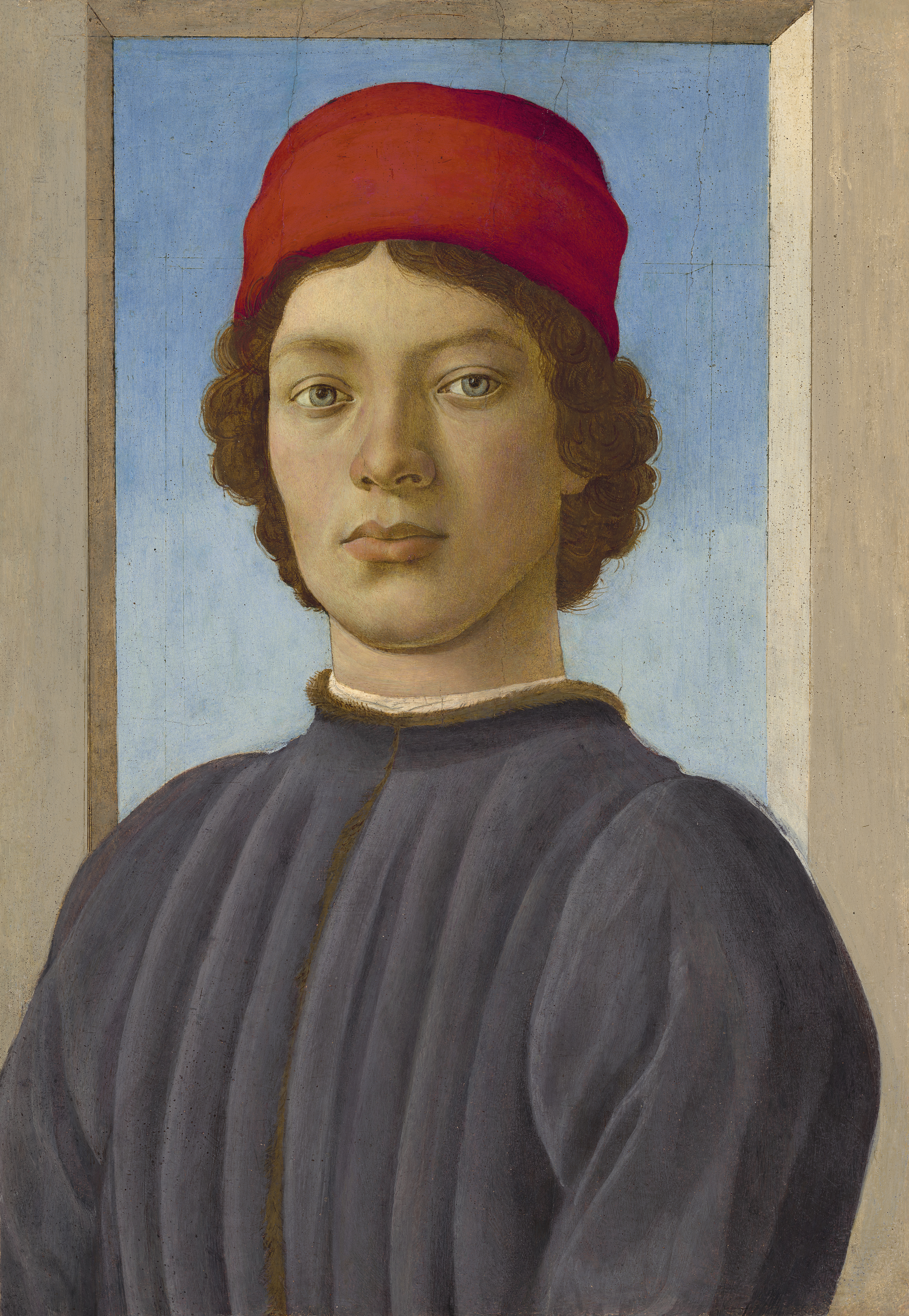
(fonte Wikipedia)
In Italia sta fiorendo la primavera!
Per molte persone la primavera è la stagione più bella, ricca di fiori e profumi.
Giuseppe Arcimboldo, un bizzarro pittore del XVI secolo, la dipingeva in maniera eccentrica.
Ti piace la primavera?
Ti piace il quadro della Primavera di Arcimboldo?
Spring is blooming in Italy!
For many people, spring is the most beautiful season, full of flowers and scents.
Giuseppe Arcimboldo, a bizarre 16th century painter, painted it in an eccentric way.
Do you like spring?
Do you like the Spring painting by Arcimboldo?




 Per molte persone l’opera è noiosa.
Per molte persone l’opera è noiosa.



